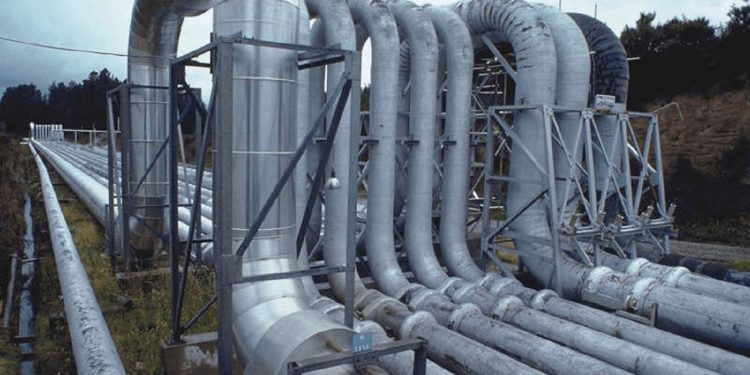In a recent announcement, the Federal Government of Nigeria revealed that the country now accounts for a staggering 33% of Africa’s total gas reserves. The Nigerian Upstream Petroleum Regulatory Commission (NUPRC) disclosed this information at the Nigerian Association for Energy Economics 16th Annual International Conference in Abuja. Additionally, it was stated that Nigeria’s gas reserves have the potential to last for approximately 94 years, emphasizing the country’s status as a gas-rich nation.
According to Gbenga Komolafe, the Chief Executive Officer of NUPRC, Nigeria possesses a reserve base of 36.97 billion barrels of oil and 208.83 trillion cubic feet of gas. These figures signify Nigeria’s dominance in the African gas market, ranking the country at number one in terms of gas reserves on the continent. The vast reserves, coupled with a life index of 94 years, highlight Nigeria’s significant potential in ensuring a sustained supply of natural gas.
With a population estimated to be around 200 million, Nigeria recognizes the crucial role that oil and gas play in guaranteeing energy security. Despite global efforts to transition to cleaner energy sources, oil and gas remain vital resources for Nigeria’s massive population. The Nigerian government acknowledges the importance of tapping into its substantial gas reserves to meet domestic energy needs while also leveraging its position to become a major supplier to the sub-Saharan region.
Komolafe emphasized that for Nigeria to realize its potential as a key supplier of natural gas in sub-Saharan Africa, it is essential to secure the necessary financing and develop the required infrastructure. By investing in gas infrastructure projects, Nigeria can ensure a sustained supply of natural gas, driving economic growth and enhancing regional energy security.
The emergence of Nigeria as a dominant player in the African gas market presents numerous opportunities for the country’s economic development. Increased gas exploration, production, and exportation can attract foreign investments and stimulate job creation. Furthermore, the sustained supply of natural gas will enable the expansion of industries, such as power generation, manufacturing, and petrochemicals, providing a boost to the overall economy.
As Nigeria’s gas reserves continue to grow, the government is expected to focus on maximizing their potential while adopting environmentally sustainable practices. This approach aligns with global efforts to reduce greenhouse gas emissions and combat climate change. Nigeria has the opportunity to become an example of responsible gas development and a key player in Africa’s transition to cleaner energy sources.
With its significant gas reserves and the commitment to leveraging them for domestic consumption and regional supply, Nigeria is poised to shape the future of energy in Africa. The coming years will be crucial as the government works towards implementing the necessary measures and partnerships to realize its gas-rich potential and contribute to the region’s energy evolution, transition, and reform.















